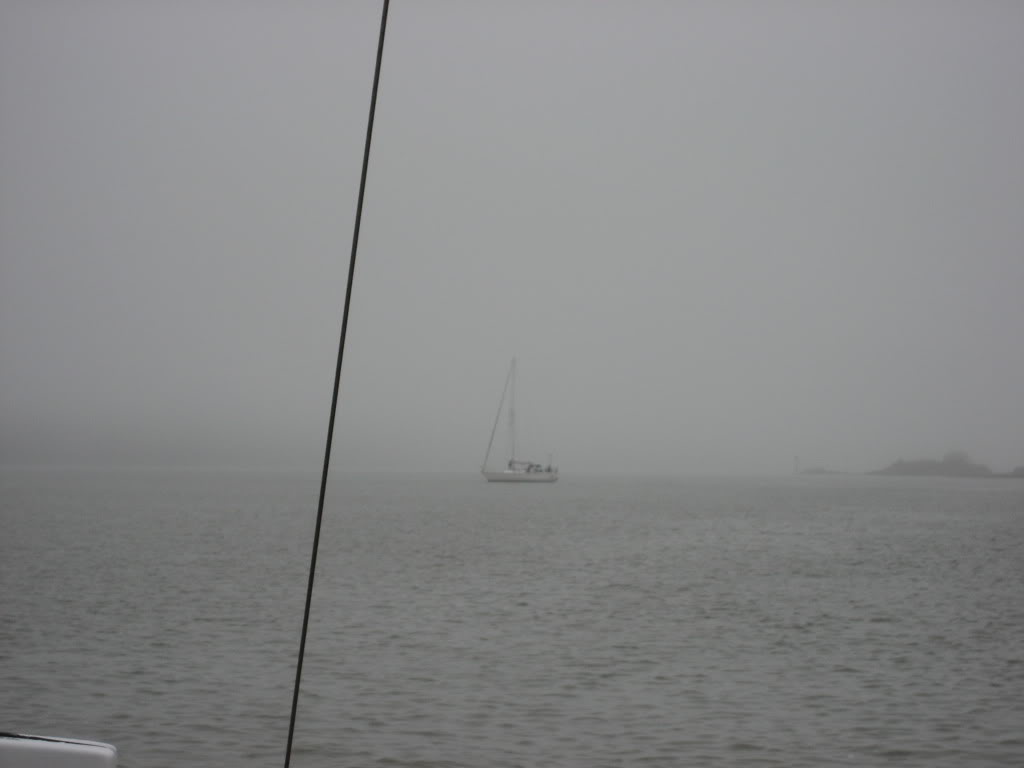Source: The Bangor Daily News (Maine) July 2001
Schooner captain fires gun in PWC incident
A schooner captain fired an antique pistol in an effort to warn off a personal watercraft (PWC) operator during an incident last week that is being investigated by authorities in Maine.
The Maine Marine Patrol and the US Coast Guard have questioned Captain Neal Parker, who is the owner of the 20.4-metre, commercially registered schooner Wendameen based in Rockland, Maine, according to a report in The Bangor Daily News. Ryan Marves, the personal watercraft operator, was also questioned.
According to the newspaper, Parker called the Coast Guard to report the PWC operator after Parker had fired an old gun loaded with a blank cartridge. Parker claims he fired one shot, but Marves reported that three shots were fired.
Parker also said, according to the paper, that he had pointed the gun at the water, while Marves claims it was aimed in his direction. Parker said that the PWC operator was maneuvering erratically at a high rate of speed in the congested waters of Pulpit Harbor on North Haven island, according to the paper. Parker said he fired the gun as a warning signal because he said the PWC was scaring his guests and he was afraid an accident might happen.
Rules of the road?
Parker said he had the right to fire a gun under US Coast Guard navigation Rule 7: "Every vessel shall use all available means appropriate to the prevailing circumstances and conditions to determine if risk of collision exists. If there is any doubt, such risk shall be deemed to exist." Parker added that Rule 37 states that a gun fired at intervals of one minute may be used as a distress signal.
The Marine Patrol indicated the matter may be referred to the district attorney's office or a grand jury for prosecution, said the report in the paper. Parker could be subject to criminal penalties and could also lose his US Coast Guard license, while Marves could be cited for operating at excessive speed or recklessly.
Here's a link to the USCG decision in the matter.



 Do believe having one's radio on low power reduces range, however.
Do believe having one's radio on low power reduces range, however.